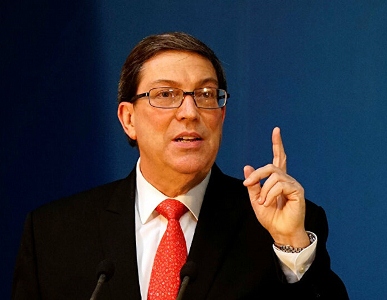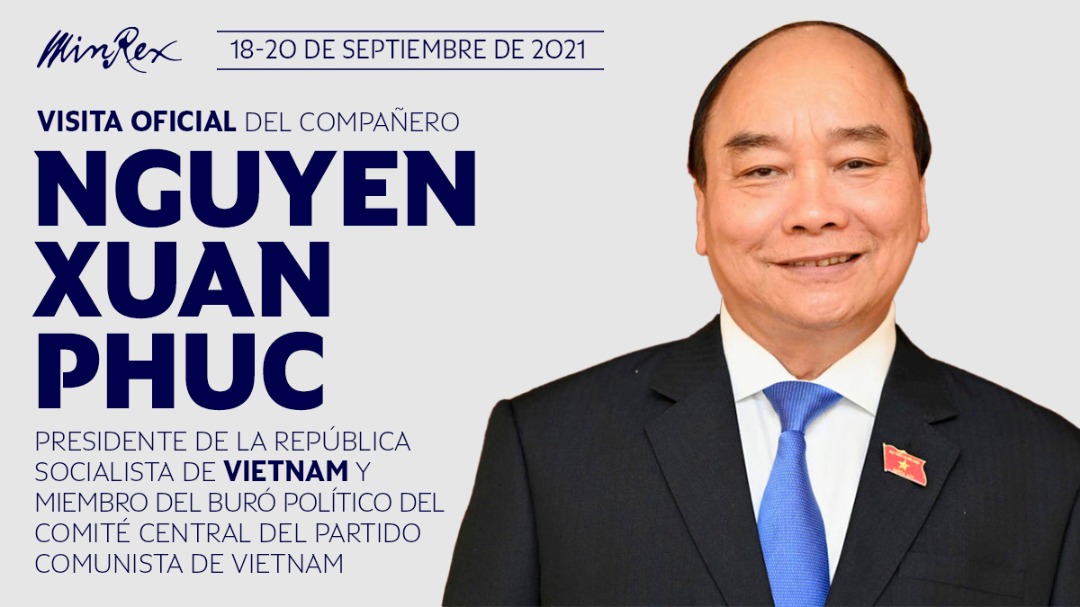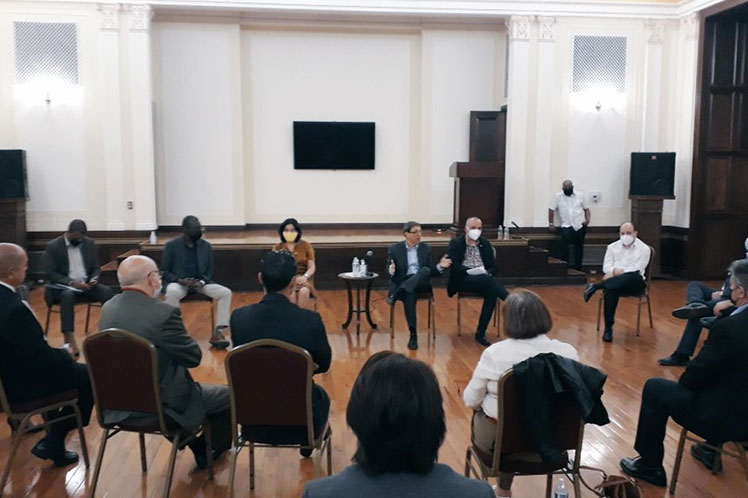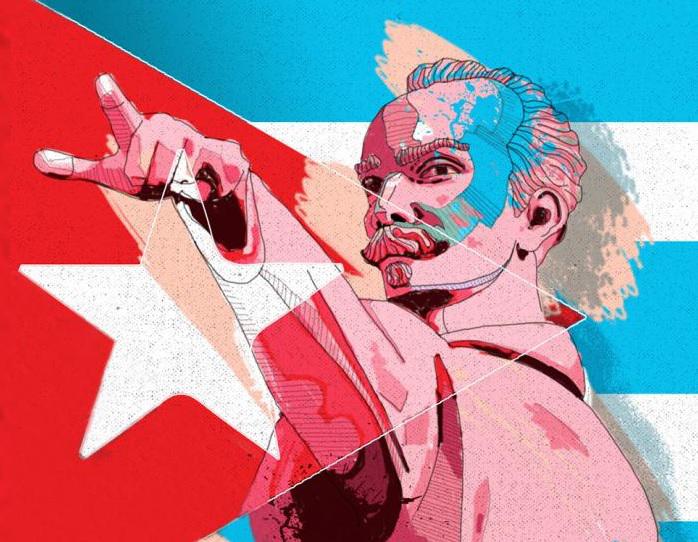In a message published on his Twitter account, the Foreign Affairs minister shared a timeline with facts that confirm these purposes between June and August of this year. According to Rodriguez, the list exposes the incessant actions of unconventional warfare, promoted by the U.S. government, with the purpose of discrediting. Cuba and fracturing the tranquility of the citizenry :
BioCubaFarma Business Group denies CNN´s information
BioCubaFarma Business Group on Wednesday denied CNN´s information about alleged refusal from the World Health Organization (WHO) to certify Cuba’s Covid-19 vaccines. CNN aired on Wednesday that WHO refused authorization for the emergency use of Cuban vaccine candidate (Abdala), so it cannot be purchased through the Revolving Fund of the Pan American Health Organization (PAHO).
On Twitter, BioCubaFarma posted that it has been exchanging Covid-19 vaccine doses with the WHO-PAHO representatives in the country from the very beginning of these vaccines´ first phase. BioCubaFarma also reported that it will soon hold talks on the prequalification process for Cuban vaccines to fight the pandemic.
Caravan in Miami by Bridges of Love USA-Cuba
Cuban emigrants and solidarity friends residing in Miami carried out this week a new caravan against the United States blockade against Cuba and for building bridges of love between both nations.
With cheers to the ‘Bridges of Love’ and the ‘Cuban Family’, as well as exclamations of Down with the blockade!, the assistants ratified they will continue to exert pressure until the government of President Joe Biden fulfills its promise to change its policy towards Cuba.
Cuban doctors assist population affected by rains in Venezuela
A team of specialists from the Cuban Medical Mission in Venezuela are assisting the people affected by torrential rains and landslides registered in the western state of Merida.
The 20th brigade of the Ernesto Guevara Contingent made up of 18 Cuban collaborators -among doctors, nursing and logistic insurance personnel- traveled from Caracas to one of the hardest-hit federal entities by the heavy rains of the last few days, to immediately provide their services.
In statements to Prensa Latina, Doctor Amado Peña, head of the Cuban emergency brigade deployed in that area, explained that the collaborators are working in the worst affected communities, by means of a house-to-house search for the main pathologies, physical and psychological traumas.
MINSAP´s Head of Primary Health Care Department
María Elena Soto said that the Covid-19 vaccination clinical trials for children and teenagers have been satisfactorily developed. Therefore Cuban children and adolescents will be fully vaccinated before the beginning of the 2021-2022 on-site learning.
They will receive three doses of Soberana 02 and Abdala vaccines, the Cuban official stressed in the Round Table Radio and Television program.
All teaching and non-teaching staff will also be vaccinated.
Cuban President pays a visit to medical oxygen business
Cuban President Miguel Díaz-Canel paid a visit to the Medical Oxygen Business, based in Cotorro municipality, to check the setup and start-up of the plant.
On Twitter, the Cuban president –along with Prime Minister Manuel Marrero- confirmed the working staff´s hard work to speed up the complex coupling process to allow production in upcoming days.
Faced with the failure of the plant, Cuba had to seek alternatives to guarantee oxygen supply to hospitals through the provision of small factories and the acquisition of such an essential medical supply through imports and donations from various countries.
Theft of ideas from Cuban scientists about vaccines denounced
The general director of the Finlay Vaccine Institute of Cuba, Vicente Vérez, denounced the theft of ideas about the anti-Covid-19 vaccines created by the scientific community of the Caribbean country, Russia Today reported today.
“Discrimination in indexed journals about findings is a barrier that tends to marginalize scientific results that generally come from poor countries,” said Vérez.
He explained that the editors of the most important scientific publications in the world rejected articles by Cuban experts and later published similar topics prepared by authors from other nations.





